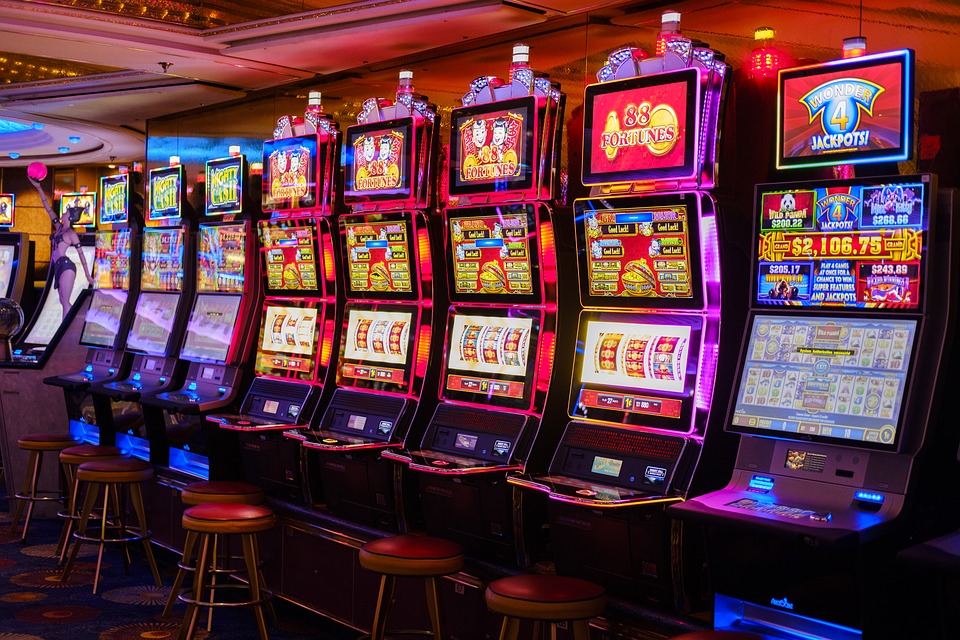September 16th, 2019 2.00pm
The Malaysia government seems quite adamant about keeping their citizens in check, and the latest legislative resolution was a rather unpleasant surprise for proprietors of slot machine establishments. As a part of the long-term plan to reduce the negative effects of problem gambling, the Malaysian legislature decided not to renew the existing trading licences, pulling a plug out of hundreds of slot cabinets across the state.
The Decision Is Final, Says Deputy Chief Minister
For the residents of Malaysia, this is the last chance to try their luck on slot machines or bid farewell to their favourite games. Come 2020, the Malaysian gambling scene will turn into a post-apocalyptic wasteland, at least when slots and mini casinos are concerned.
Jaujan Sambakong, the Deputy Chief Minister (DCM), has met with the representatives from the Institute for Development Studies (Sabah), a non-profit research organization formed in 1985. The meeting was held in Kota Kinabalu on September 12, and, according to the Deputy, the operators have already been notified about the licence anti-renewal decision.
The business licences that expire by the end of the year will not be renewed and there will be no exceptions, confirmed the DCM, who is also the Minister of Local Government and Housing. The new policy was saluted by the Association of Muslim Lawyers Sabah (Amal), which publicly commended the Kota Kinabalu City Hall for issuing the no-renewal notices to the operators. The President of the Association, Ansari Abdulah, expressed his hope that other local authorities would soon follow the example of Sabah, despite the growing concerns of the “prohibition” aftereffects.
Parti Gagasan Rakyat Sabah Opposes the New Policy
Unlike the Association of Muslim Lawyers Sabah, the members of the state’s opposition party are not too thrilled about the financial consequences of the new policy. The drop in the state’s revenue will be substantial, having in mind that the gambling industry in Sabah has been contributing up to 30% in tax to the federal government and around 15% in sales taxes to the state, on top of which the authorities collected monthly fees from every operating slot cabinet.
Another issue is the probable rise of the illegal gambling markets, which, according to the Deputy President of Parti Gagasan Rakyat Sabah, Hiew King Cheu, should be the main concern of the government. Cheu also pointed out that the legal slot machine venues have been extremely beneficial to the community, thanks to the charity programs and numerous donations to the local schools. “They have also opened a dialysis centre in Tanjung Aru town where underprivileged people have gone treatment for free”, stated Hiew, reminding the public that the medical services have been available for the past 15 years.
Not all share the view about the advantages of the state-approved gambling, and Jaujan Sambakong justifies the no-renewal policy with a pressing need to shield the society from the “ills” that problem gambling has been causing. Protecting the community is the priority, said the Deputy, adding that the traders would still be able to thrive from business opportunities which are not damaging to the public health or well-being of the citizens. Some 400 slots will be deactivated in the months to follow, and the Chief Minister Shafie Apdal confirmed that he had already issued instructions for the termination of slot machine operations in Sabah.
In the meantime, the federal government retains the authority to grant the new trading licences for the gambling service provision, however, the annual taxes and the fees have been significantly increased.
The Days of Slot Machines in Sabah Are Numbered

